La familia España, Farm La Cascada
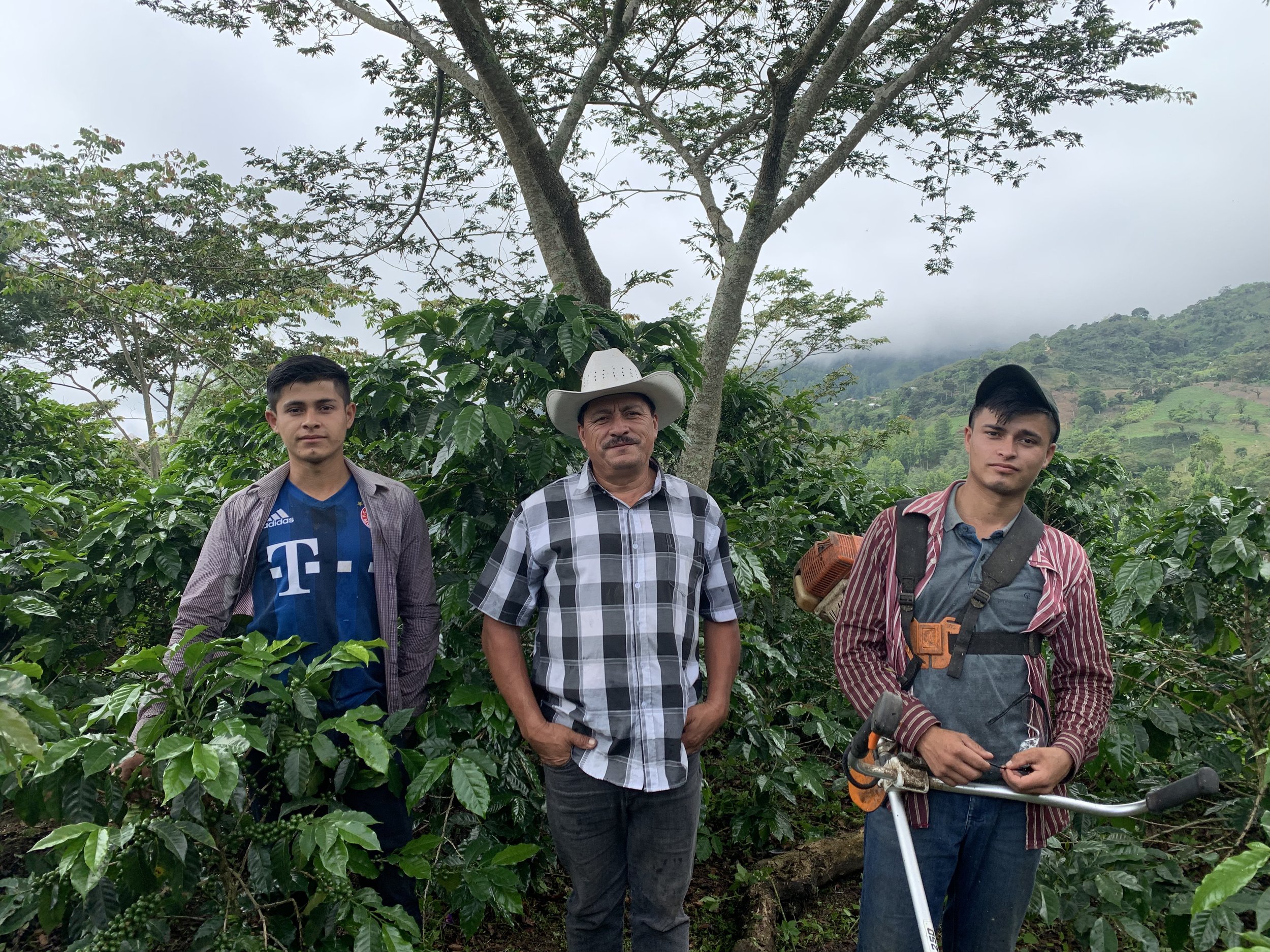

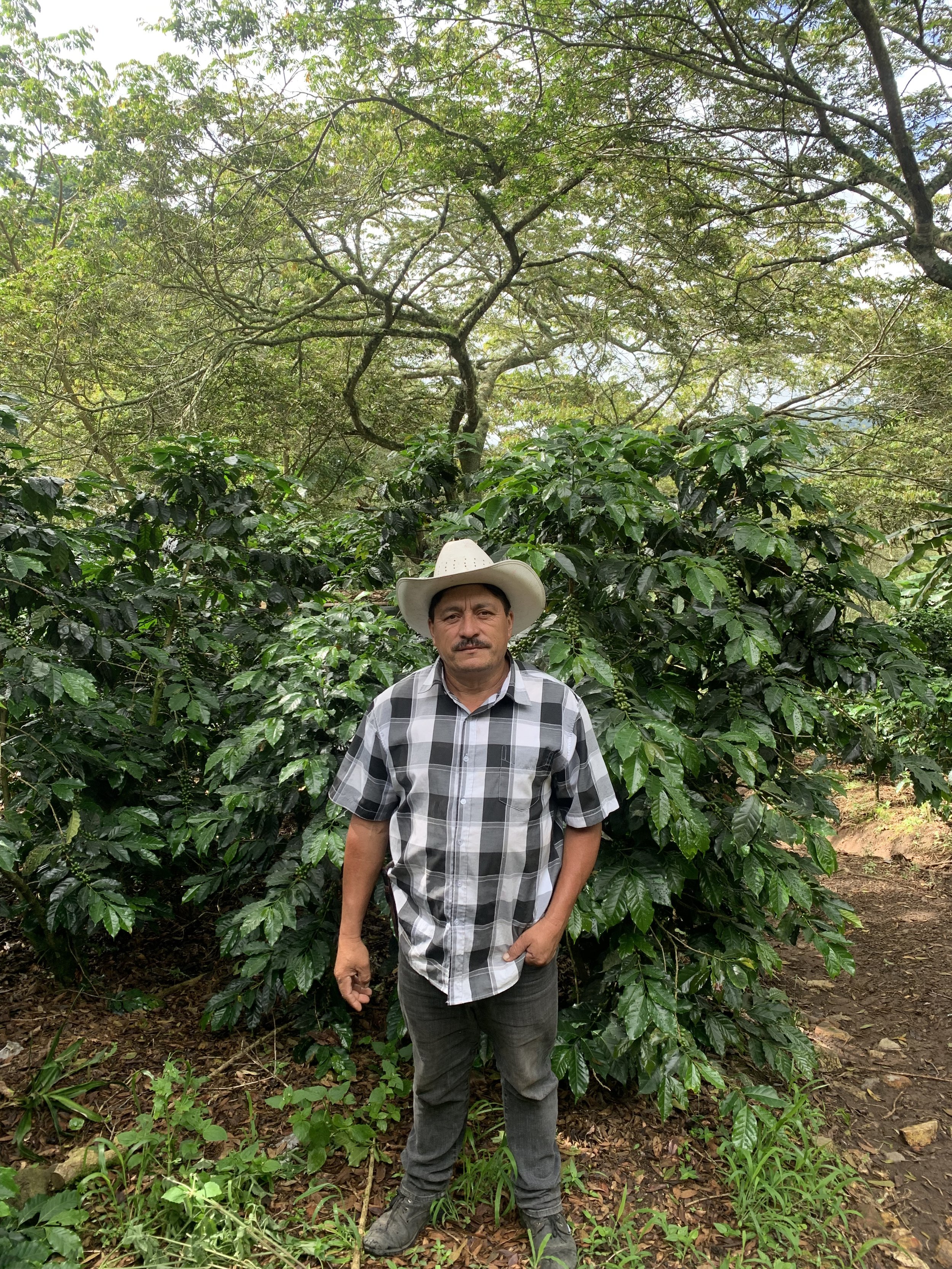


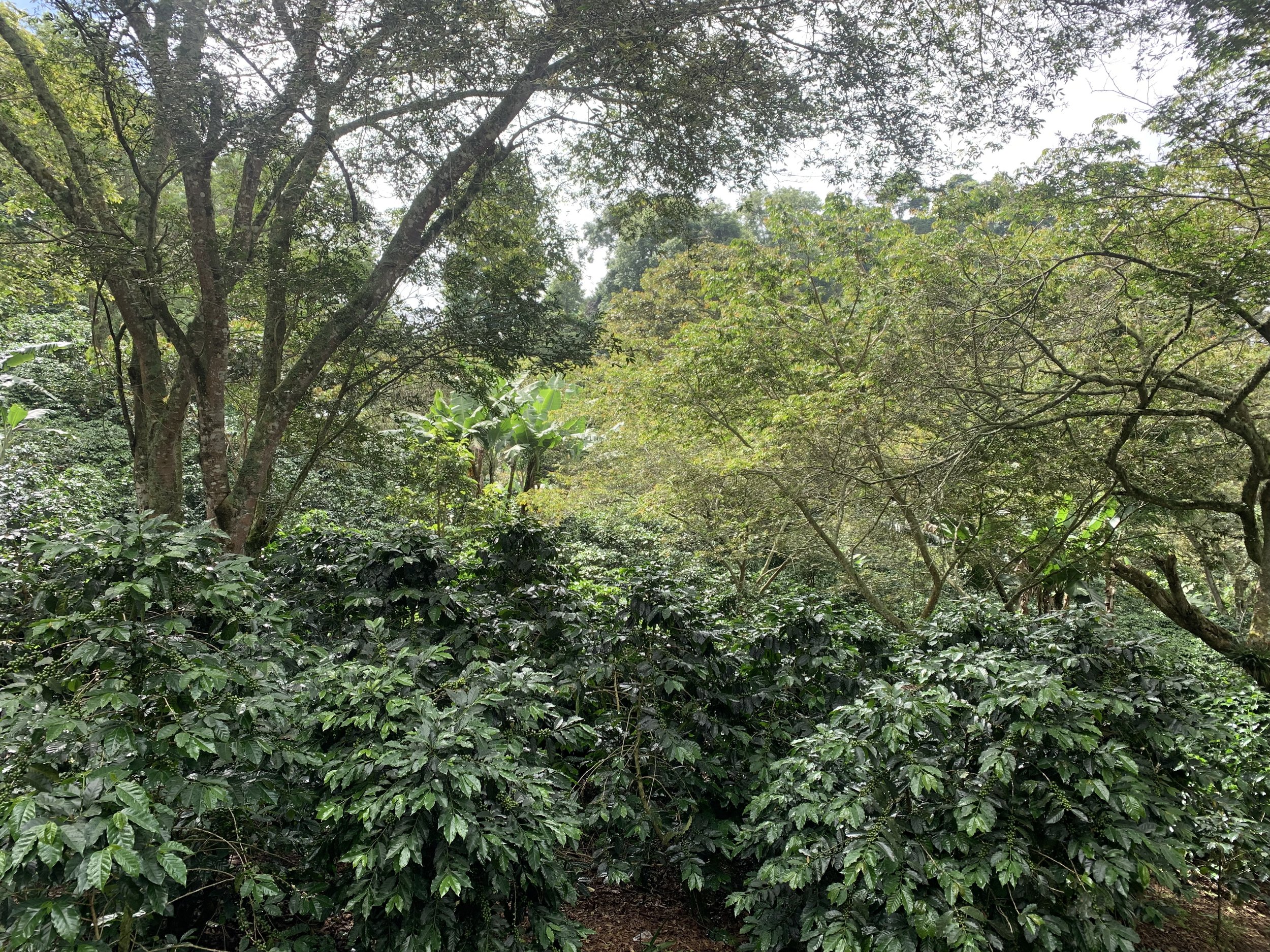
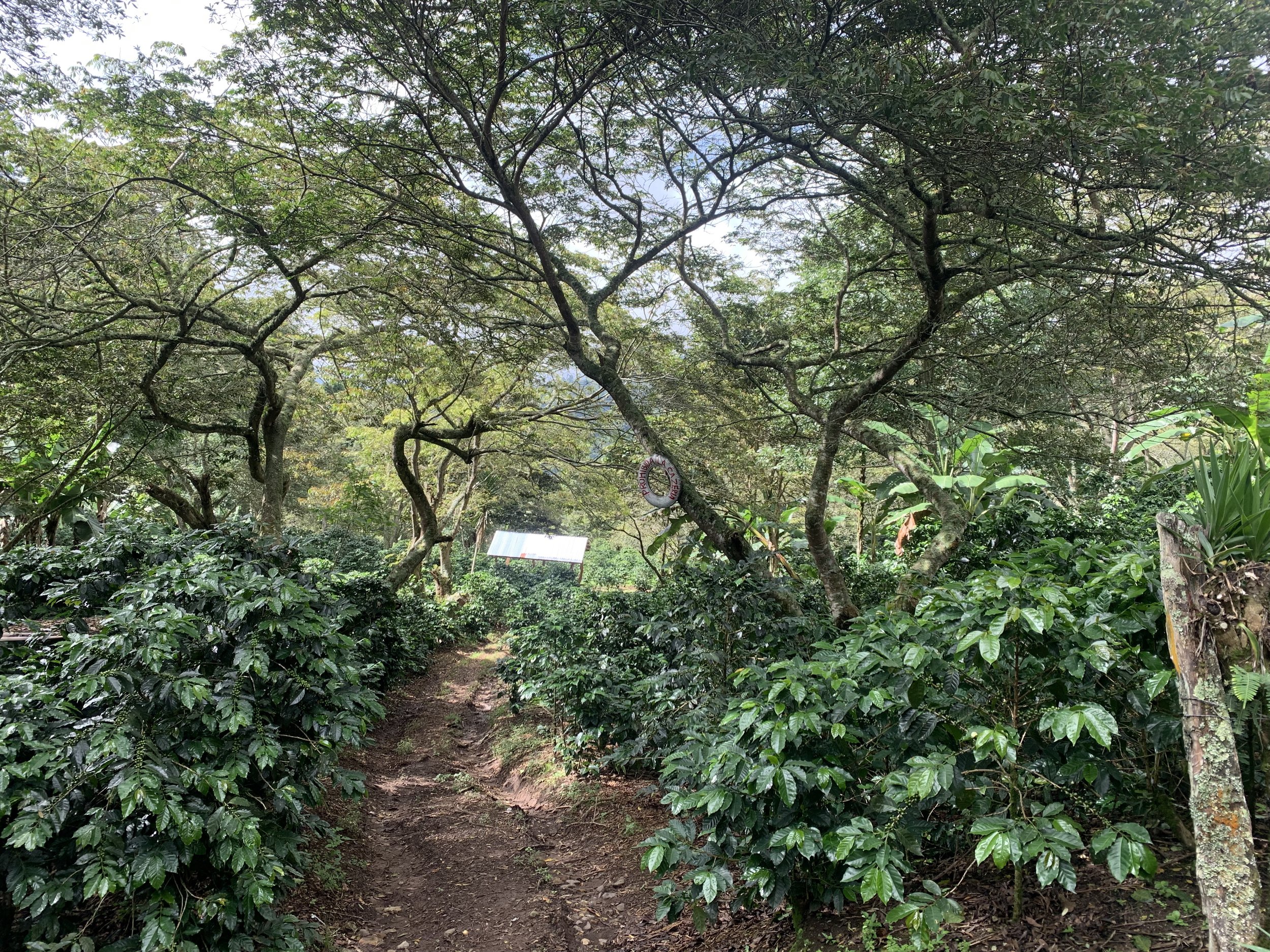
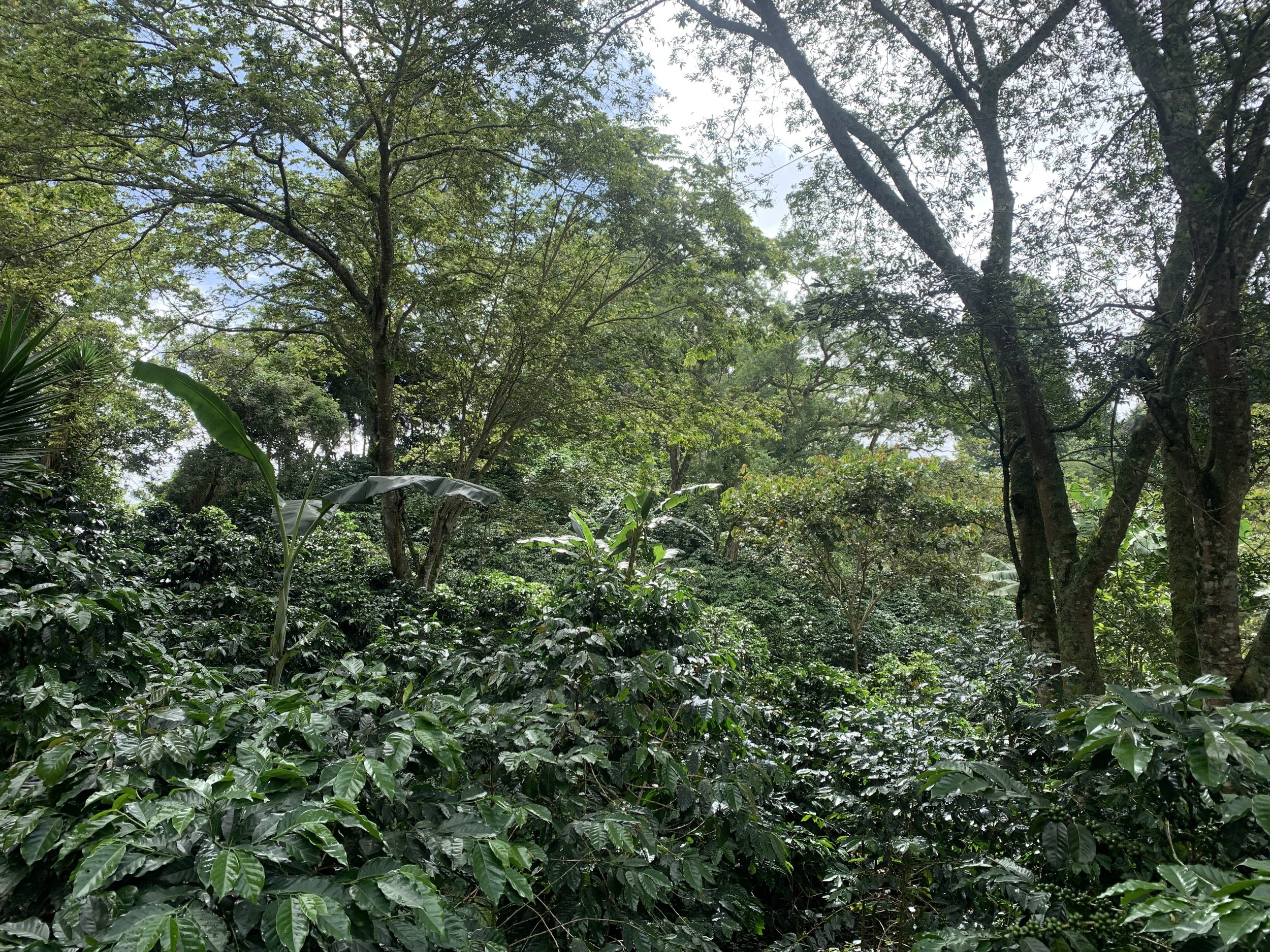
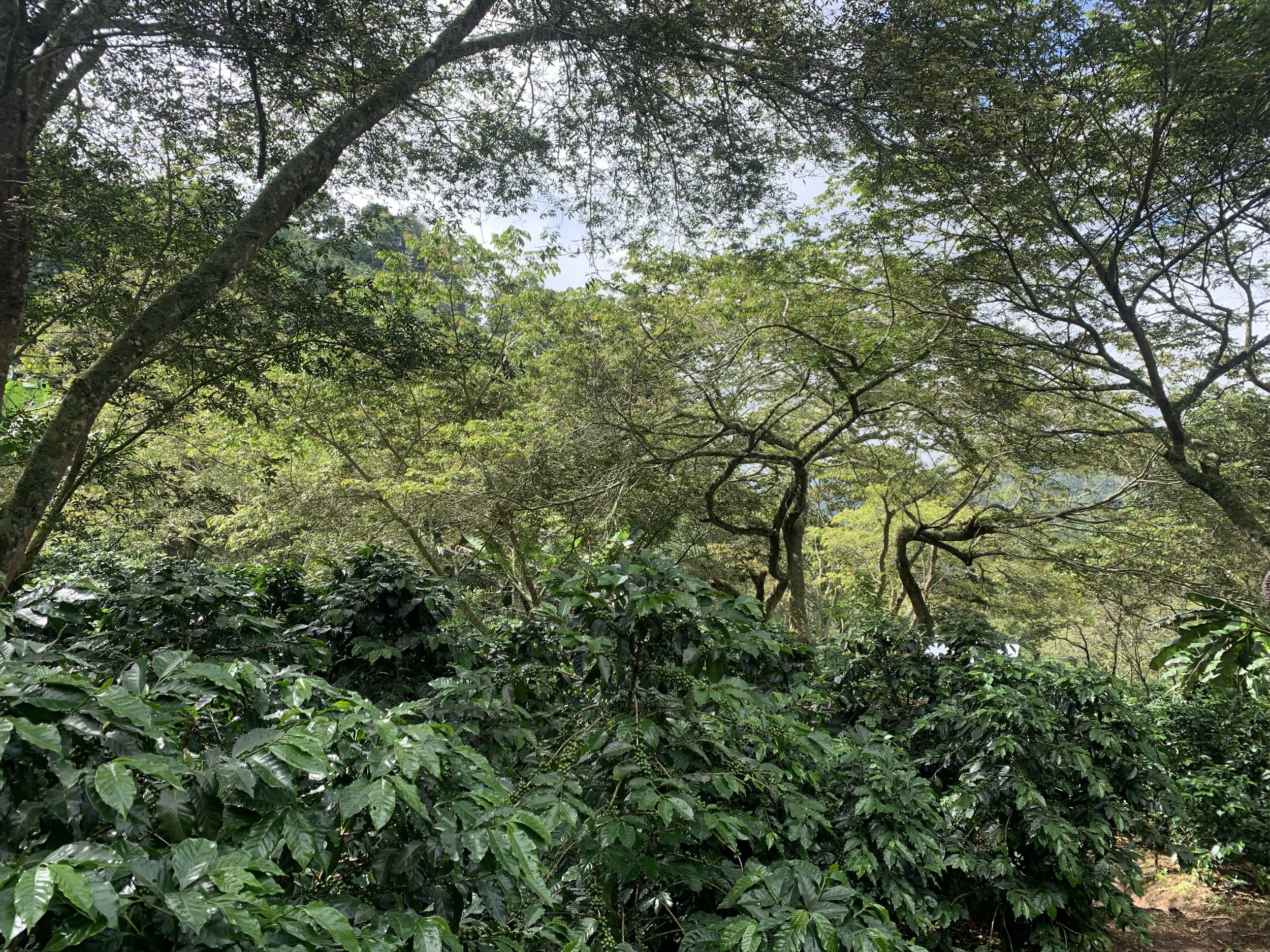
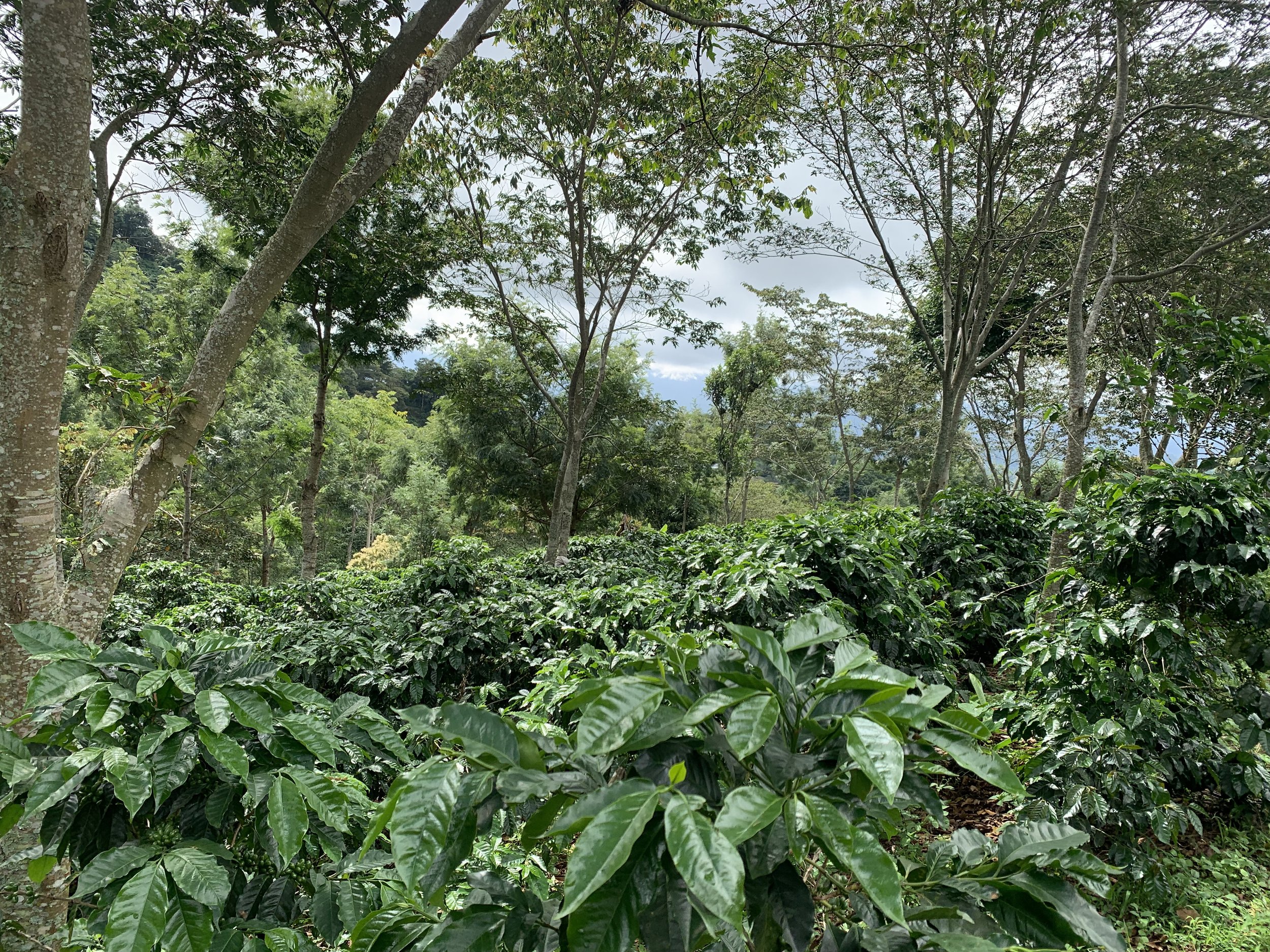
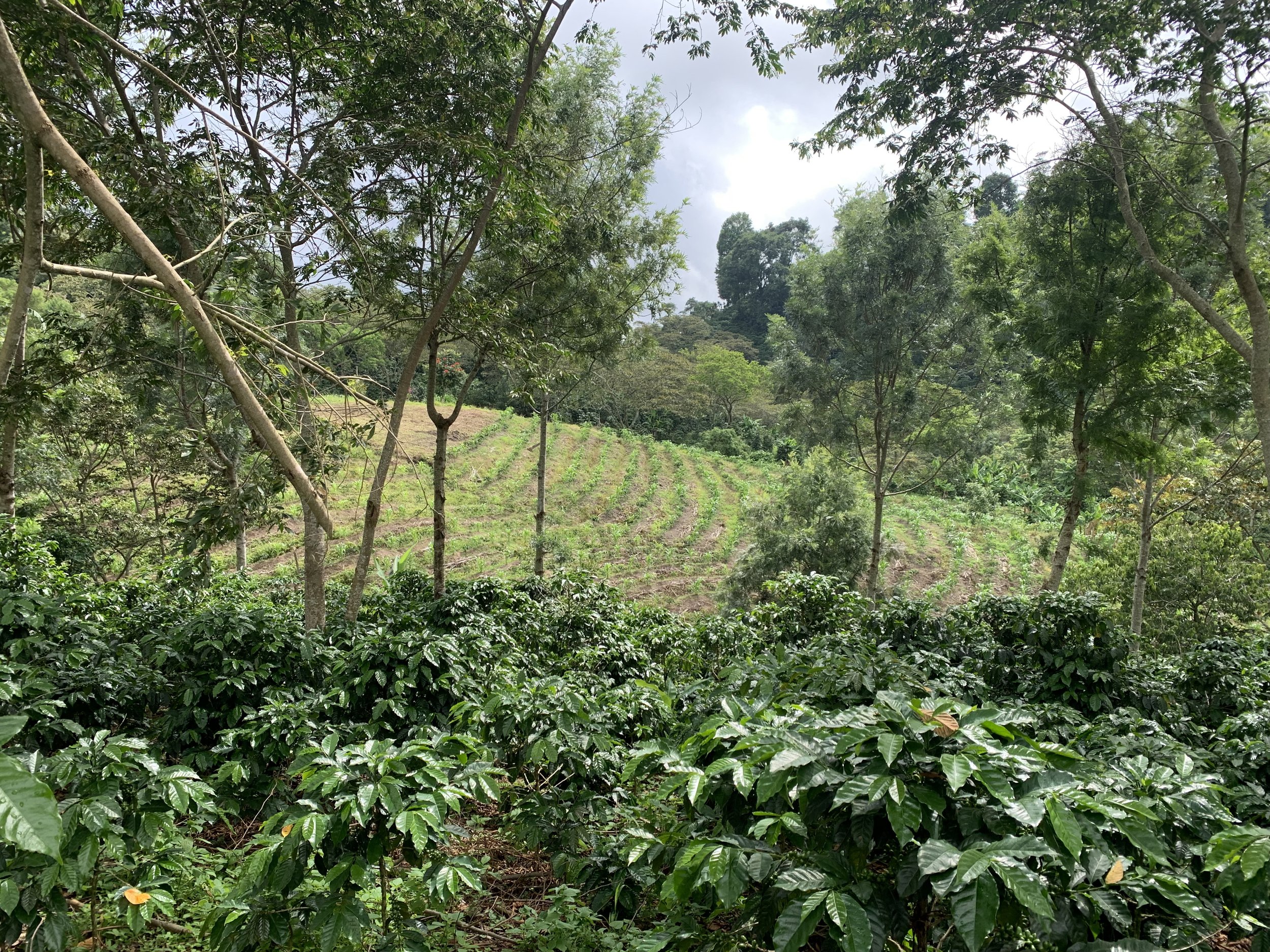
Back in 1989, Don Domingo started to grow coffee. He didn’t start out of love though, but out of sheer necessity.
Life was hard, he could rarely eat three meals a day, and he desperately needed an income. During more than a decade, he worked the very little piece of land he owned, but it was never enough. Harvest after harvest, the price he was offered for his beans was too low, the volume and quality insufficient.
In the early 2000’s, when his two sons were infants, Don Domingo could no longer bear the despair that overwhelmed him when he saw his children suffer from malnutrition, and the futureless days that turned into futureless weeks, months and finally years without change for the better.
He decided to leave his family behind and travel to the United States illegally, in the hopes of finding a job that would allow him to send money back home and feed the family. It was a risky decision; thousands of migrants end up in detention centers, or worse, loose their lives while trying to reach the other side of the border. But it worked, and Don Domingo spent five years in Virginia, New York and New Hampshire, where he worked in construction.
He saw more snow in those five years than most people see in a lifetime. He was cold, he felt lonely and he missed his family. Don Domingo wasn’t happy in the far north, not at all. But he made enough money to keep his family afloat and five years later, when he returned to the homeland, he had savings to buy more land, at a higher altitude, and plant more trees from better varietals.
It was thanks to his perseverance in the United States that things started to improve back home as well. His sons could now attend the local public school and the family could eat three times per day. Growing coffee at a higher altitude and acquiring more knowledge and experience, was also helpful to grow better beans. However, Don Domingo did still not get a fair price for his coffee. To pay for fertilizers, pickers, and other expenses, he had to take out loans and because the banks and local lenders considered his a risky business, he had to pay 18 or even 24% annual interest rate.
Needless to say that much of his effort and sweat disappeared into paying back money he owed here and there. It wasn’t until much later that he decided to change course once again. First, he became a member of a cooperative, which meant he could join forces with dozens of fellow farmers to get more direct access to the market, and fetch a better price per pound.
Then, he stopped using fertilizers. Not only were the fertilizers very costly, he also couldn’t qualify for organic certification whilst using them. Once he had the organic label, he was able to ask for a differential. His yield went down a bit, but the quality of the coffee and the better price made it worth the effort.
A bit later still, around 2019, his sons were old and strong enough to start working the land with him. The oldest one, Gerson Fabricio, became a member of Cafesmo in 2021, while Don Domingo himself remained as a member of another cooperative.
Cafesmo offered the opportunity to prepare micro-lots and as Don Domingo’s sons were eager to learn, they separated the best batches of their beans, dried them slowly on their patio, and then prepared small lots of high quality coffee. These lots were received very well and was the opportunity for the España family to start relationships with four different roasters in Europe, as well as an export facility in Honduras, all of whom were eager to roast these excellent lots grown, dried and prepared by a proud father and his two sons.
While few things are certain in life, it certainly looks like the future is brighter for the España family, than their difficult past!
Farm facts
12 hectares ranging from 1560 to 1700 meters.
Shadow provided by pine, prune, citric trees.
Parainema, Lempira, Catimor, Pacas, 90
This farm is certified Organic, Fair Trade, RFA
